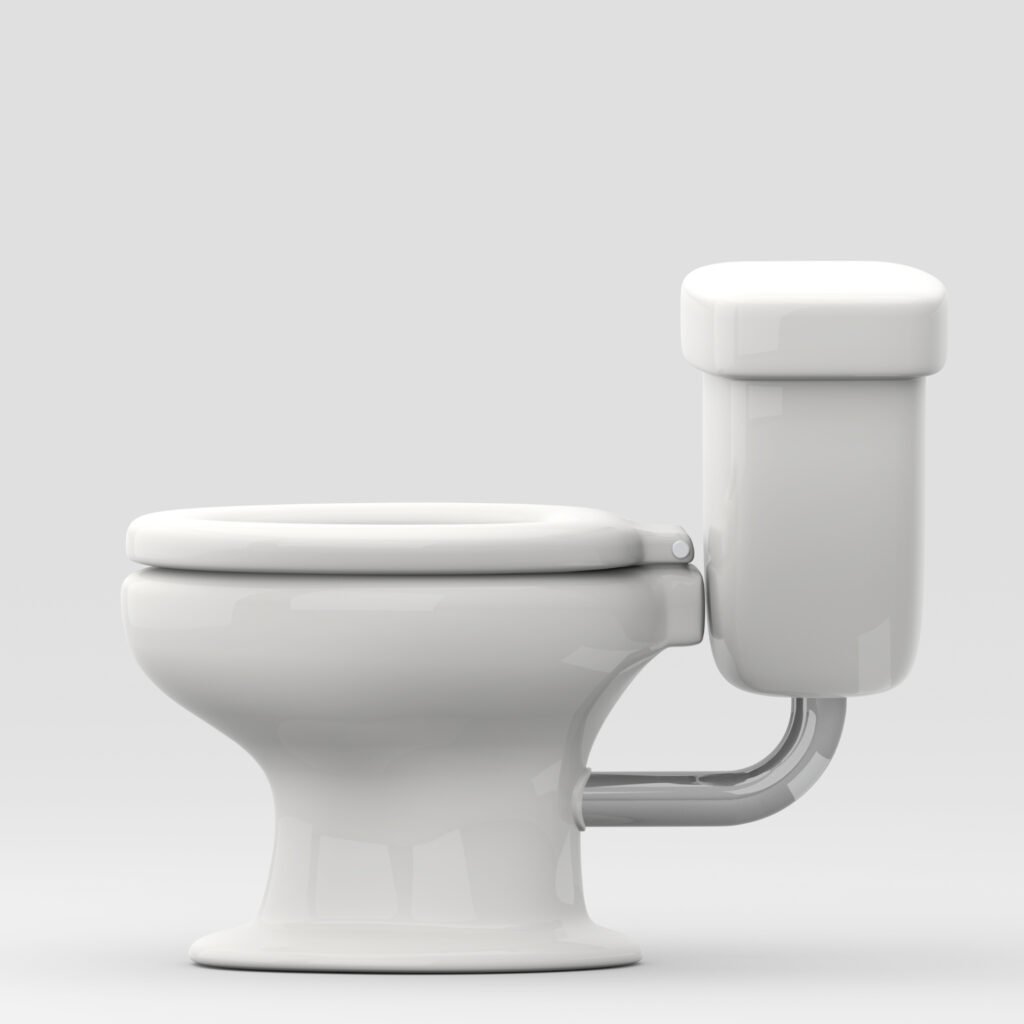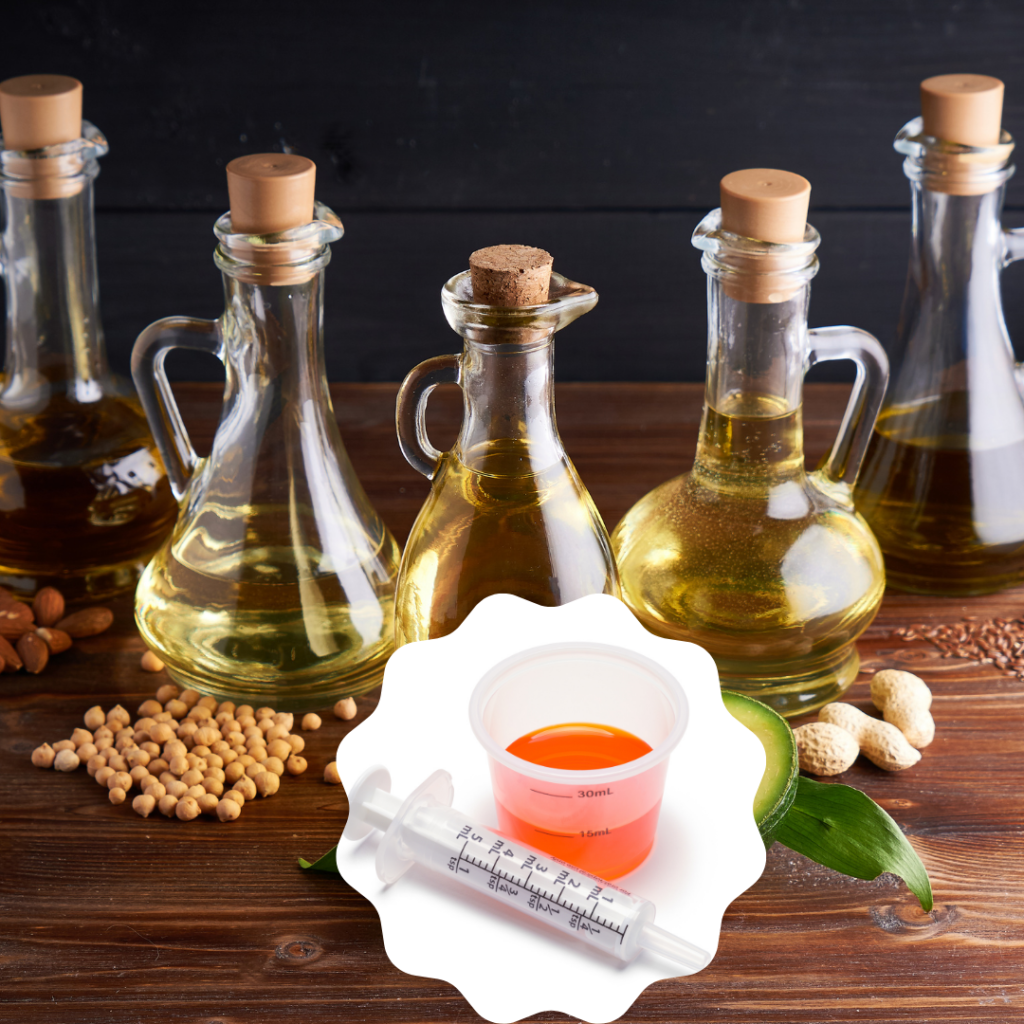Pradhankarma
Pradhankarma (Main Procedure)
In Ayurveda, Pradhankarma refers to the primary or main therapeutic procedures used in Panchakarma, a comprehensive detoxification and rejuvenation therapy. Panchakarma consists of five main actions (hence the name “Pancha” meaning five and “Karma” meaning actions), and Pradhankarma includes the core procedures that facilitate the removal of toxins (ama) and imbalances (doshas) from the body.
The Pradhankarma procedures in Panchakarma are:
Vamana

- Induced vomiting to eliminate excess Kapha dosha and toxins from the upper respiratory and digestive tracts.
- Beneficial for conditions like asthma, bronchitis, and chronic colds.
Virechana

- Use of purgative herbs to cleanse the intestines and remove excess Pitta dosha and toxins.
- Helps with liver disorders, skin diseases, and digestive issues.
Basti

Administration of herbal decoctions or oils through the rectum to balance Vata dosha and cleanse the colon.
Effective for joint disorders, constipation, and neurological conditions.
Nasya

- Application of medicated oils or powders through the nostrils to clear sinuses and remove toxins from the head and neck region.
- Useful for migraines, sinusitis, and mental clarity.
Raktamokshana

Detoxification of the blood by removing impure blood.
Used for skin disorders, inflammation, and blood-related issues.
Benefits of Pradhankarma:
-
Detoxification: Removes deep-seated toxins (ama) from the tissues and organs.
-
Balances Doshas: Restores equilibrium of Vata, Pitta, and Kapha.
-
Enhances Digestion: Improves Agni (digestive fire) and metabolism.
-
Boosts Immunity: Strengthens the body’s natural defense mechanisms.
-
Rejuvenation: Promotes overall vitality, energy, and longevity.
-
Mental Clarity: Clears the mind, reduces stress, and enhances focus.
-
Disease Prevention: Prevents chronic diseases by addressing root causes of imbalance.
Pradhankarma is typically preceded by Purvakarma (preparatory procedures like oil massage and sweating) and followed by Paschatkarma (post-therapy care like diet and lifestyle adjustments) to ensure optimal results. It is always recommended to undergo Panchakarma under the guidance of a qualified Ayurvedic practitioner.